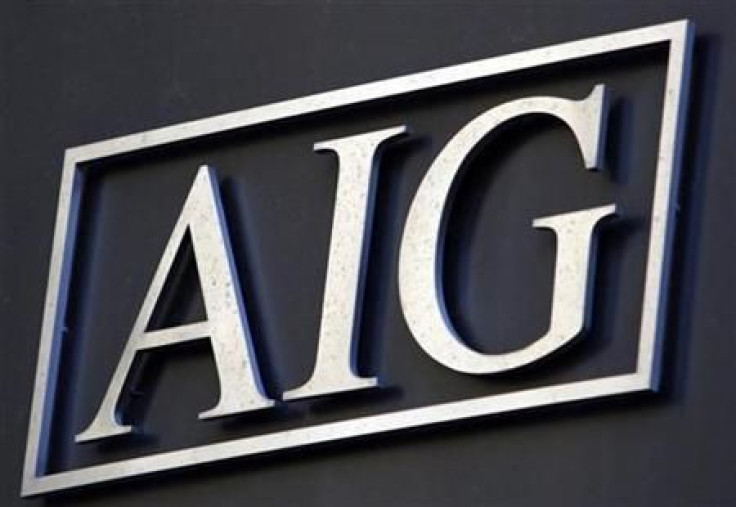AIG Shows Why World’s Current Predicament is a Financial Crisis
ANALYSIS

The response to the financial crisis was perhaps best described by the great New York Times Business Columnist Floyd Norris, who said, paraphrasing, "The resolution of financial crisis is one of those events in which justice and success do not occur together."
The United States went for success -- the correct choice in the view of many economists and those in public policy circles - and the response worked. The U.S. and global financial systems did not collapse. Credit markets loosened. Commerece continued. And your ATM continued to dispense cash.
Success Had A Price: No (Immediate) Justice
However, in choosing success, there was a price -- one that the Occupy Wall Street movement seeking economic and fiscal reform is quick to point out: justice. As in lack thereof. As in some of the very precipitators of the financial crisis problem had to be deployed as part of the solution.
The tactic was invidious to some, appalling to others, but it was necessary, nonetheless.
Moreover, perhaps the most invidious, appalling action was the decision by the U.S. Federal Reserve to take over New York-based American International Group (AIG) in Sept. 2008 during its liquidity crisis. The Fed created an $85 billion credit facility, in exchange for 79.9 percent stock stake in AIG, to enable the company to meet increased collateral obligations stemming from a credit downgrade.
Later, in May 2009, the Fed and the U.S. Treasury increased its potential financial support to AIG with an investment as high as $79 billion, a $60 billion credit line and $52.5 billion to buy mortgage-backed assets owned or guaranteed by AIG, which upped the amount of funds available to the company to as much as $182.5 billion.
Fed's AIG Intervention: Invidious, Appalling, Necessary
The Fed's decision to take over AIG was invidious and appalling because AIG, ostensibly an insurance company, was, in practice, the world's largest hedge fund. AIG sold credit protection, or credit insurance, in the form of credit default swaps on collateralized debt obligations.
Credit default swaps are insurance on debt that can be traded. Insure the correct assets and an insurance company like AIG can make a lot of money. Insurance the wrong assets, or insure too many, and an insurance company like AIG can lose a lot of money; and, in AIG's case, if you sell so many credit default swaps, you cease, in a operational sense, to be an insurance company at all: you become a speculator, a de facto hedge fund.
Further, link those insurance policies to major institutional investors across a global financial network -- who assume they're going to get paid, and have that "safety" built in to their risk management, and the result is...
...A mandatory intervention by the U.S. Federal Reserve. No doubt it. Hand over the keys (or at least 79.9 percent of them).
AIG Symbolizes Financial Crisis
The AIG intervention has been detailed here because it both symbolizes and summarizes the financial crisis. One company says it all, and it's chronicled here to underscore to the uninitiated: the current crisis is a financial crisis, not a mere a debt crisis. The crisis is not due solely to people who took out mortgages they could not afford, or due to condominium builders/consortiums who constructed too many units, although those two factors contributed to the crisis. Rather, the crisis is also due to large institutions, such as AIG, that did incredibly reckless things, including leveraging at ratios that almost guaranteed they would fail, and taking too many positions that resulted in an insurance company morphing into a de facto hedge fund.
In other words, whenever someone argues that the current crisis is a "debt crisis" immediately correct them: it's a financial crisis, and if they don't think institutions made outrageous, outlandish, reckless bets, just mention the letters A-I-G to them.
AIG constructed a business model that almost guaranteed a bankruptcy -- and with it quite possibly a financial system collapse -- largely due to financial recklessness.
Then also tell those who call it a "debt crisis" you have 182.5 billion reasons to prove the current predicament is a financial crisis.
© Copyright IBTimes 2024. All rights reserved.











